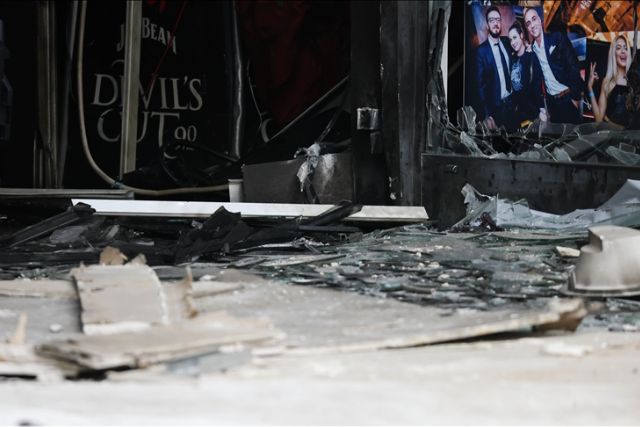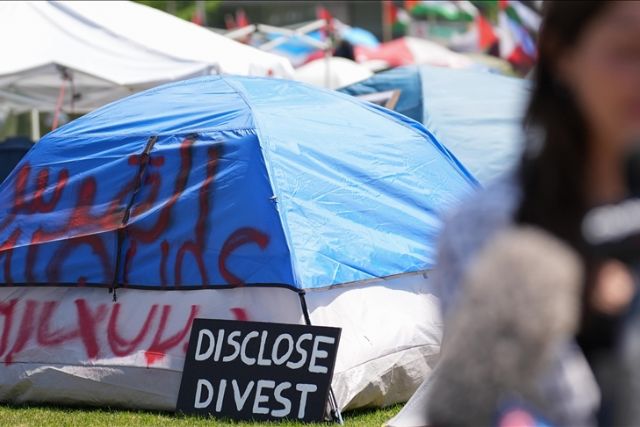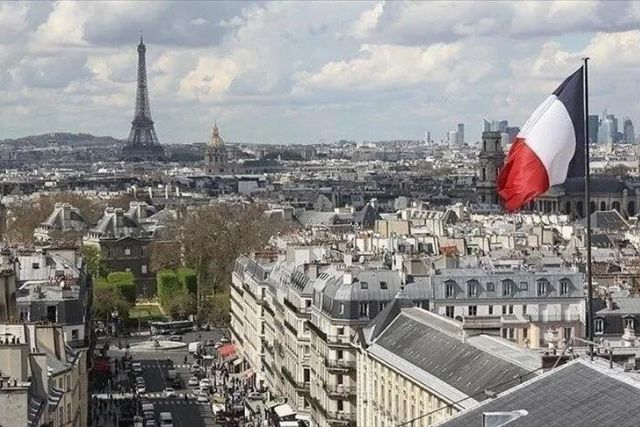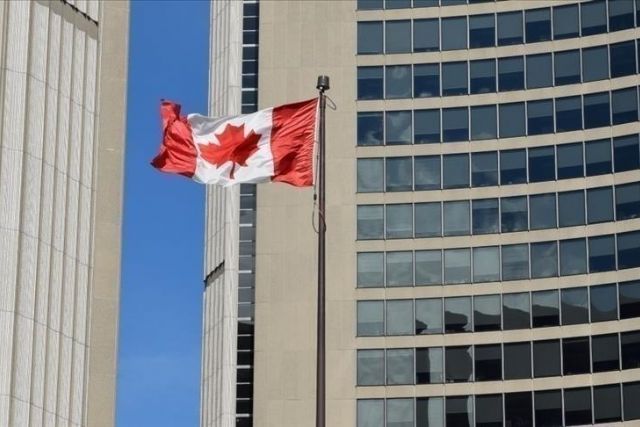South Sudanese cast doubt on country’s elections in 2023
President not ready to delay polls, official says amid skepticism due to major unimplemented parts of 2018 peace deal
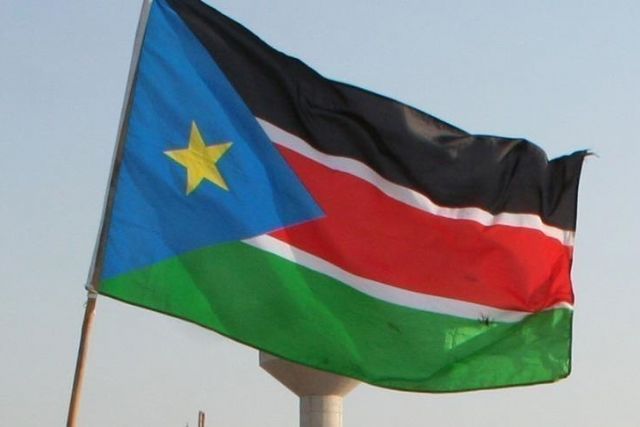
JUBA, South Sudan
South Sudanese in the capital of Juba have doubts about the possibility of the country conducting elections next year as stipulated in a 2018 peace deal.
Their concerns are due to the fact that the peace partners have yet to complete parts of the agreement.
There will be no fair and free elections unless key provisions in the deal are fully implemented, Ter Manyang Gatwech, a human rights activist and head of the Juba Base Center for Peace and Advocacy told Anadolu Agency.
"I doubt whether the elections will take place in 2023. For the elections to take place, there are requirements to be completed. These include (the drafting of a) permanent constitution; the repatriation of refugees in Uganda, Kenya, Ethiopia and Sudan; the reconstitution of the Independent National Elections Commission; and the conduct of a national population census," he said.
Gatwech said that if South Sudan is to have elections, it is would need to promote and protect human rights and ensure the polls are peaceful, free, fair, credible, and reflect the people's will.
According to the timetable agreed in the September 2018 deal, South Sudan is supposed to go to the polls in 2023 after the implementation of key provisions.
They include the unification of formerly warring forces, repatriation of refugees and displaced people, a population census, and the drafting of a permanent constitution of the East African country.
Another of these provisions is for a revision of the 2012 Political Parties Act followed by its approval in parliament to enable the free and democratic registration of political parties.
Political scientist Abraham Kuol Nyuon, who is the dean of the School of Social and Economic Studies at the University of Juba, also doubts whether elections can take place on time.
"If we're supposed to have an election in South Sudan in accordance with the peace agreement, the election is supposed to be held early, the preparations are supposed to be completed in six months before the expiration of the election time," he said.
"At this time, the security arrangements are not complete, looking at the environment of the election, looking at the borders, the constituency, to know how many people are there. It's now more than 10 years since a census was conducted in the country," said Nyuon, adding that there was a high possibility that "there will be no election in the coming year."
- Unification of military
Nyuon cautioned politicians to refrain from dragging the military into politics, warning against major consequences for unity and peace ahead of the poll.
Kuol said partisan politics within the military could repeat the mistakes of December 2013 that caused a split within the armed forces, then called the Sudan People's Liberation Army, that led to civil war.
Kuol told Anadolu Agency that the armed forces are loyal to individual political figures or groups, not the country as a whole, warning that as things stand, this could lead to some of these leaders rejecting an election without the military's unification "because they know the military only pays allegiance to individual groups."
He said the politicization of the military could scuttle efforts to hold free and fair elections at the end of the transitional period next year.
Malak Marial, a concern resident of the capital Juba, also underlined the need for a unified armed force.
"For us to have fair, free, transparent elections, you must have security forces who will protect the state, its people and that will not interfere with the electoral process.”
"If we're going to go for elections, the parties to the peace agreement must complete in the shortest possible time the security arrangement," he said.
Presidential spokesman Ateny Wek Ateny assured South Sudanese people that President Salva Kiir is not ready to delay elections as prescribed in the Revitalized Agreement on Resolution of Conflict in the Republic of South Sudan (RARCSS).
"President Kiir is willing to go for elections though there are some of the chapters within the RACRSS that are actually running a bit late," he said, adding that officials are doing their best to unify the forces "in a timely manner."
He warned that if elections are not held and the transitional government remains in place, stability and peace would continue to elude the country.
South Sudan fought a 22-year civil war for independence from Sudan, leaving much of the country shattered. The Sudanese People's Liberation Movement took power at independence in 2011, but slid into crisis when Kiir sacked Riek Machar as vice president in December 2013 on suspicion of plotting a coup, followed by a protracted civil war that claimed tens of thousands of lives and forced 4 million people to flee their homes.
The 2018 agreement which ended the war has been bedeviled by bickering between rival parties, and key provisions of the deal are yet to be implemented.
South Sudan's transitional government is formed by the parties who fought in the civil war, rather than by popular mandate via elections.


